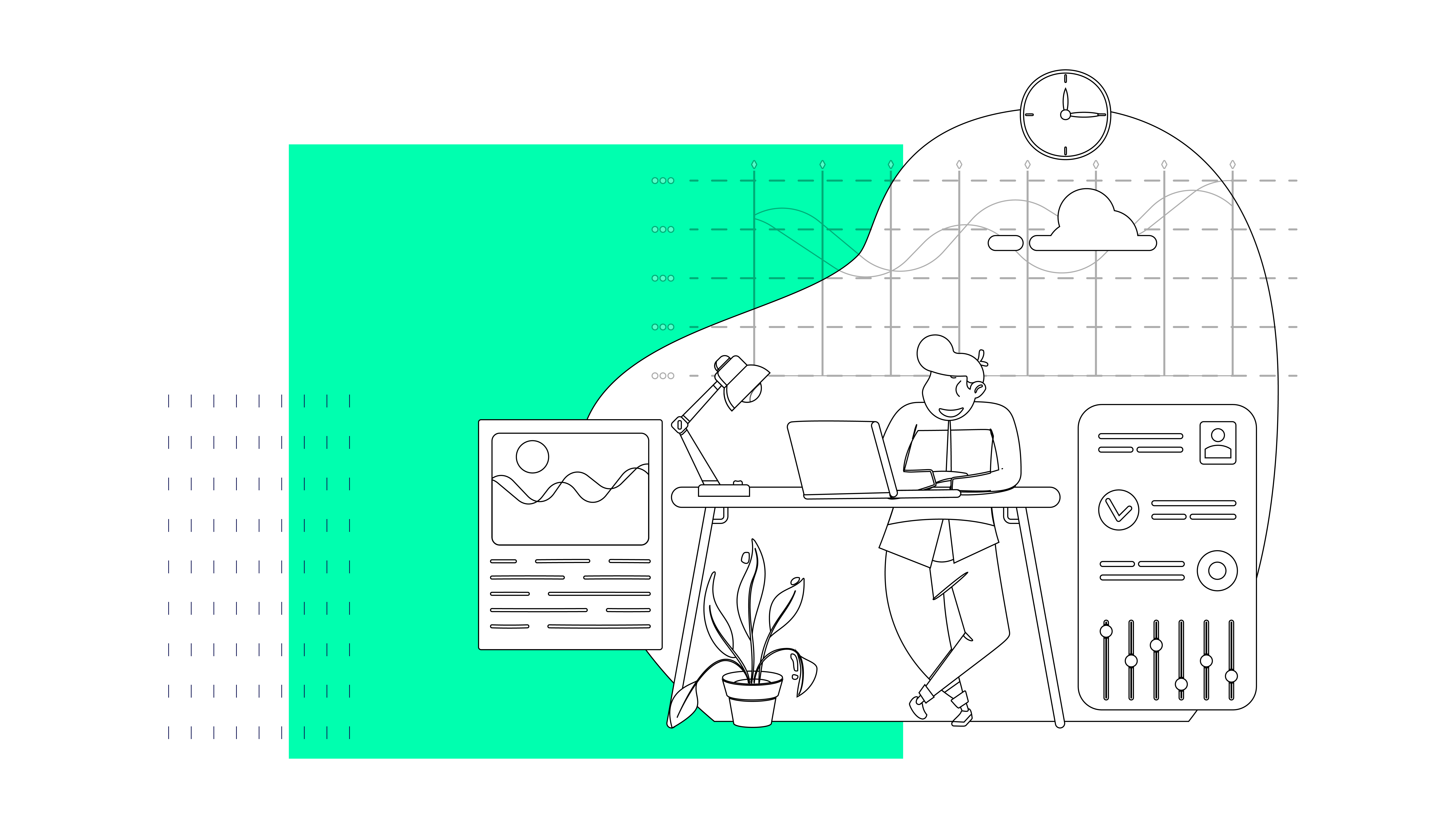When was the last time you signed a receipt in a shop or wrote a cheque? It hasn’t been that long since chip and pin changed the way we spend our money, but payment technology has evolved at a rapid pace. Less than half of payments in business and finance in 2015 were in cash, according to a report by The Payments Council.
Developments in electronic payments, payment technology and online banking means that we're likely to use cash less and less. So where do you and your business stand on the debate? We’re taking a look at the ways a cashless climate could affect businesses in the coming years, and how wise it is to jump headfirst into this new trend.
Cash makes you a target
It’s no secret that money in the bank is safer than under the mattress. For businesses, accepting cash means you’re a bigger target for opportunist criminals. Managing the risks of holding large amounts of cash on your premises could be much more work than offering cashless options.
With protection from the Payment Card Industry Data Security Standards and the fraud prevention of each customer’s bank, however, you're in much safer hands with electronic payments and cashless transactions.
Stay vigilant with cashless transactions
It’s important to remember that cashless business comes with its own security risks. PayPal has reported that cash-only businesses were missing out on £800m sales a year, but incidents such as the TalkTalk leak aren't reassuring to those yet to make the change.
Of course, with each disaster developers get to work on making the payment technology better. There are also plenty of resources for small businesses looking for help implementing payment technology safely and securely.
Nothing beats convenience
Gone are the days when having your lunch money stolen meant you were going hungry. In schools all over the country, students use pre-paid debit cards, swipe cards or biometrics in the lunch queue, linked to online accounts topped up from home. For any kind of business, not having to pay staff to count cash, transport money to the bank or record transactions saves time and money. It also encourages more purchases, as having enough cash to hand for what we want is no longer a problem.
Transaction failed
While biometric technology is an exciting prospect, it has its problems. With a one percent failure rate, the technology isn't as reliable as cold, hard cash (and it’s not too hard to copy someone’s fingerprint either).
Being reliant on technology puts our money in the hands of unpredictable systems, although, as the demand for cashless technology increases, developers are working on safer, more reliable ways to pay electronically.
Embrace the future of the cashless business
With each setback cashless business faces, businesses develop more secure and reliable methods to iron out the risks and experts now consider mobile payment to be as safe, if not safer, than using plastic debit and credit cards.
Cash is likely to stick around for a while longer, but giving clients and consumers the option to pay electronically holds many benefits for any sized business. Just make sure you consider the risks and put things in place to protect yourself and your customers and you'll be laughing all the way to the bank.
(This post was originally written by Sarah Creedy and has since been updated).



